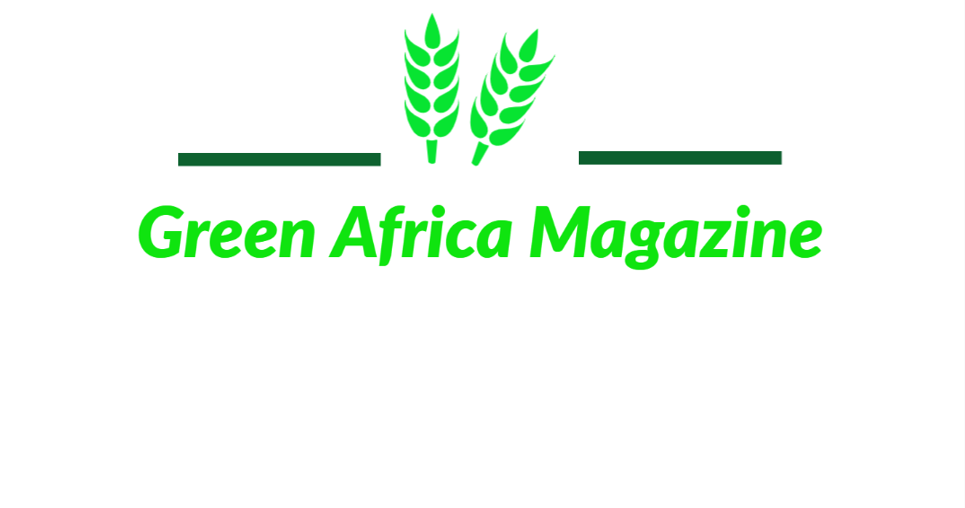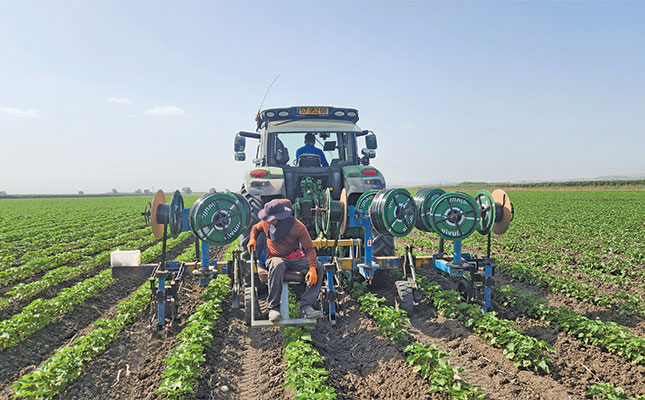The global agricultural landscape is under increasing pressure. Water scarcity, labour shortages, unpredictable weather patterns, and rising demand for efficiency are intensifying the challenges farmers face worldwide.
Innovative solutions are needed to optimise water usage, increase yields and reduce operational costs.
Smart irrigation, particularly micro-irrigation solutions, are one of the most promising approaches to addressing these challenges. These systems offer a highly efficient, resource-conscious alternative to traditional irrigation methods, and adoption is rapidly growing as farmers seek better ways to manage their water resources and overall productivity.
Smart systems to optimise agriculture output
Increasingly, irrigation systems utilise sensor technology to improve the efficiency of farm operations. Providing ongoing system monitoring, these systems enable farmers to make informed decisions about what their crops need.
“With global water scarcity concerns mounting, smart irrigation offers farmers an opportunity to take greater control of their irrigation systems, resulting in more precise water and fertiliser delivery to crops, reducing wastage and improving crop health,” says Eran Ossmy, president of the Micro Irrigation Division at Rivulis, a global manufacturer of micro-irrigation solutions.
Drip irrigation solutions deliver water and nutrients directly to the root zones of plants, minimising evaporation and run-off. These solutions conserve water, optimise crop yields and reduce costs – a crucial combination for farmers dealing with the growing unpredictability of weather patterns and increased profitability pressures.
Driving efficiency through automation
Automation is playing an increasingly important role in modern farming.
Remote automation and control solutions have allowed farmers to monitor and adjust irrigation schedules from anywhere, using mobile apps and cloud-based platforms.
This not only saves time but also reduces labour costs – a key consideration in an industry that is facing significant labour challenges.
“Automation empowers farmers to make real-time adjustments and optimise their irrigation schedules with ease,” adds Ossmy. “Controlling irrigation solutions remotely makes it possible for farmers to manage their operations more effectively.”
Combining smart systems, monitoring and drip irrigation
As the demand for more efficient farming grows, data-driven decisions are becoming a necessity.
Precision agriculture tools tracking irrigation efficiency and crop health are helping farmers manage resources more effectively.
This data can inform decisions about drip irrigation schedules, fertiliser application and pest control, allowing farmers to reduce waste and improve overall performance.
Data analytics provides insights for better long-term planning and resource allocation, optimising water usage and minimising unnecessary expenses.
As these technologies evolve, they will play an even larger role in transforming farming operations and addressing global food scarcity.
Alternative water sources
Some regions face a scarcity of fresh water, and alternative water sources are becoming increasingly important. Recycled water and rainwater harvesting systems emerge as solutions for irrigating crops.
Innovative solutions in micro-irrigation, such as using treated wastewater, create new possibilities for farmers to sustain their crops while minimising the impact
on local water resources.
Regenerative practices
Regenerative agricultural practices, which focus on improving soil health and increasing water retention, are becoming increasingly popular among farmers looking to ensure long-term productivity.
Practices like crop rotation, the use of organic compost and reduced tillage improve soil structure and reduce the need for frequent irrigation.
Incorporating regenerative techniques into irrigation systems means farmers can enhance water efficiency, boost soil fertility and build more resilient farming operations.
These long-term practices help improve sustainability and water retention in the soil, which is essential for coping with variable rainfall patterns.
Innovation is the answer to complexity
As we look to the future, water demand is expected to exceed supply by 40% by 2030, creating increasing pressure on farmers to make better use of available water.
With water demand expected to exceed supply by 40% by 2030, there will be increasing pressure on farmers to make better use of available water.
“Solutions like smart irrigation and automation, when coupled with the efficiencies of drip irrigation, can help farmers navigate these complexities, offering economic and environmental benefits,” concludes Ossmy.
The need for innovative irrigation solutions and more efficient water management will become even more critical.
The ability to reduce water and fertiliser usage, increase yields and minimise operational costs will be essential for ensuring the long-term viability of agriculture.
Visit rivulis.com.



